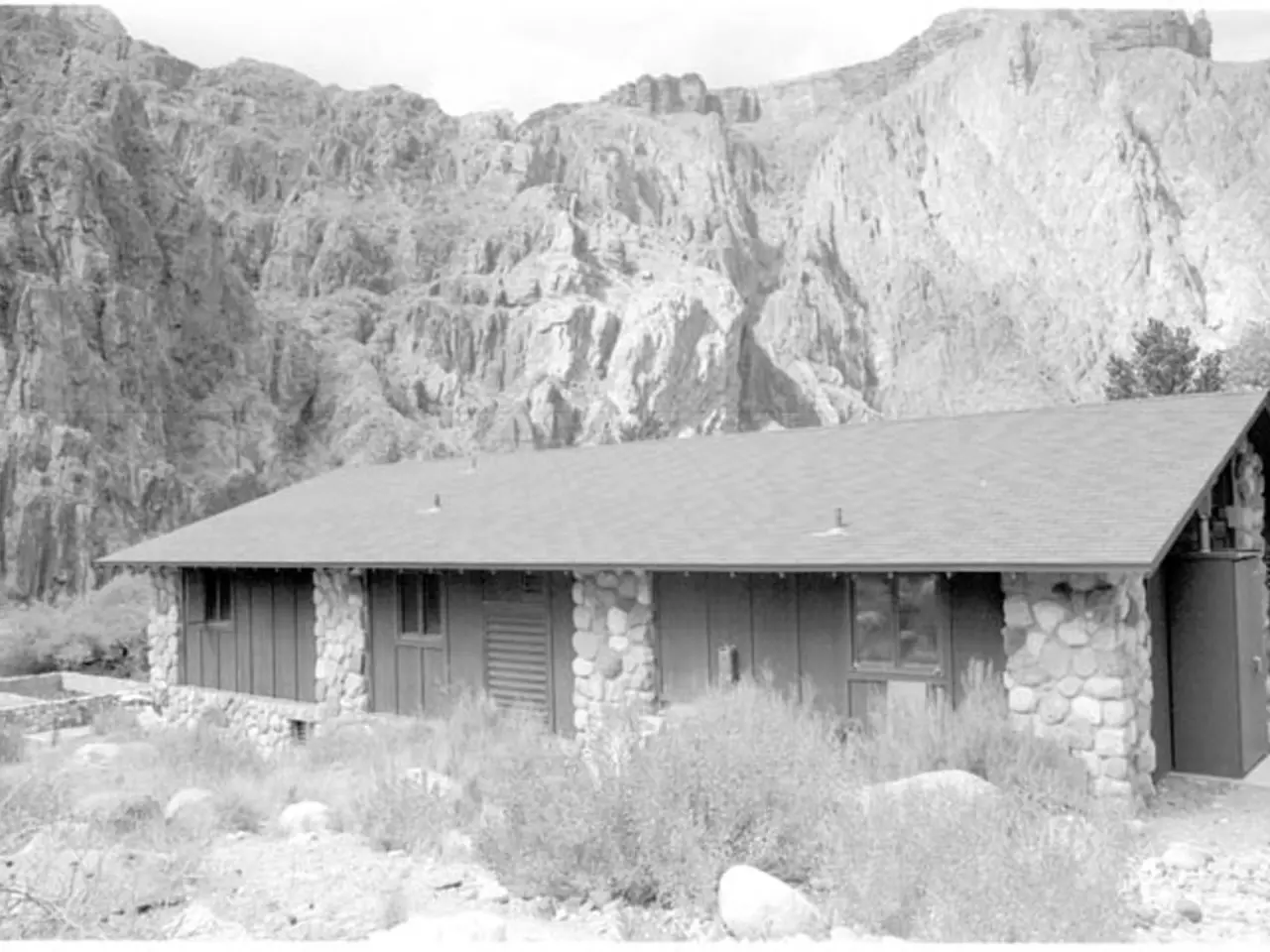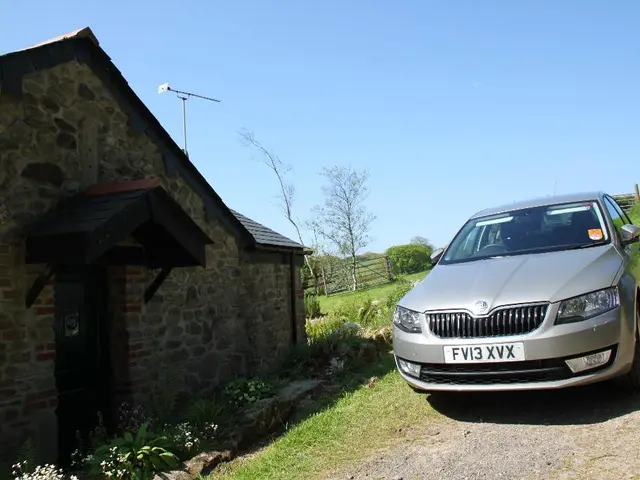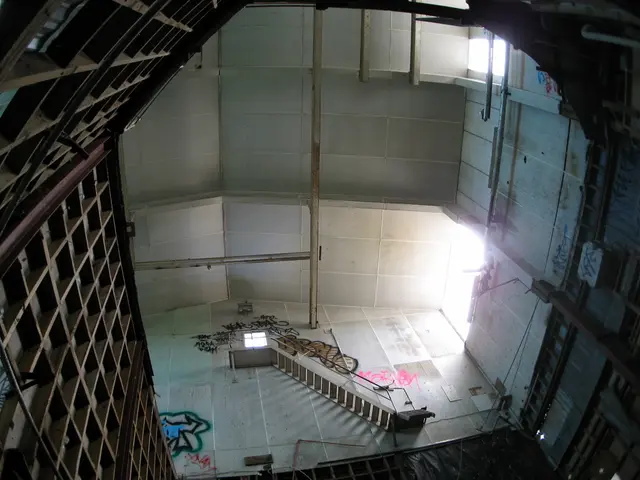Homeowner consents to transform unauthorized construction into tourist accommodation.
In a remarkable turn of events, a self-built mansion on Tennox Farm estate near Kilbirnie, Ayrshire, has been granted planning permission to operate as a tourist retreat. The property, initially rejected due to concerns about its location on a former coal mine, was built by Gareth Wilson during the Covid-19 pandemic without the necessary planning permission from North Ayrshire Council.
The mansion, a grand addition to Wilson's estate with a Spanish slate roof, a spiral staircase, and a home spa, was initially met with resistance. The North Ayrshire Council argued that the house posed a "significant risk of collapse" due to shallow coal workings and transient mine gases beneath the structure. Wilson, however, was not deterred and appealed the decision, taking his case to the Scottish Government, claiming the demolition order violated his human rights.
The legal battle resulted in a change of strategy, invoking Wilson's human rights, and a subsequent granting of planning permission for the conversion of the self-build home into a tourist destination. The new plans, which include six holiday lodges and additional vehicle access, also promise economic benefits to the North Ayrshire economy through sustainable tourism.
The Coal Authority, which initially raised concerns over the site's safety, did not object to the revised plans but requested further investigations into potential risks posed by former mining activity. The new plans also incorporate walking trails, making the tourist destination an attractive offering for visitors.
The process of obtaining planning permission for such a conversion is a complex one. It involves checking the planning status and site constraints, determining if planning permission is required, preparing a detailed planning application, addressing safety concerns related to the former coal mine, invoking human rights only as a last resort within planning law frameworks, consulting the local authority, and potentially seeking professional advice from a planning consultant, land surveyor, and solicitor familiar with planning law.
Despite the initial rejection and subsequent legal battle, the mansion will now serve a new purpose as a holiday retreat, marking a successful end to a lengthy and challenging journey for Gareth Wilson.
Wilson's self-built mansion, now granted planning permission, will transition into a tourist retreat, offering visitors walking trails and six holiday lodges. This transformation, accompanied by increased vehicle access, promises economic benefits for North Ayrshire. The Coal Authority, initially concerned about the site's safety, has agreed to the revised plans, but calls for further investigations into possible risks from the former coal mine. The intricate process of obtaining planning permission involved assessing site constraints, preparing a detailed application, addressing safety concerns, invoking human rights as a last resort, and seeking professional advice. This victory marks a successful conclusion to a lengthy and challenging journey for Gareth Wilson. Sustainable investing in real-estate developments like this mansion conversion could offer attractive returns in the housing-market.




